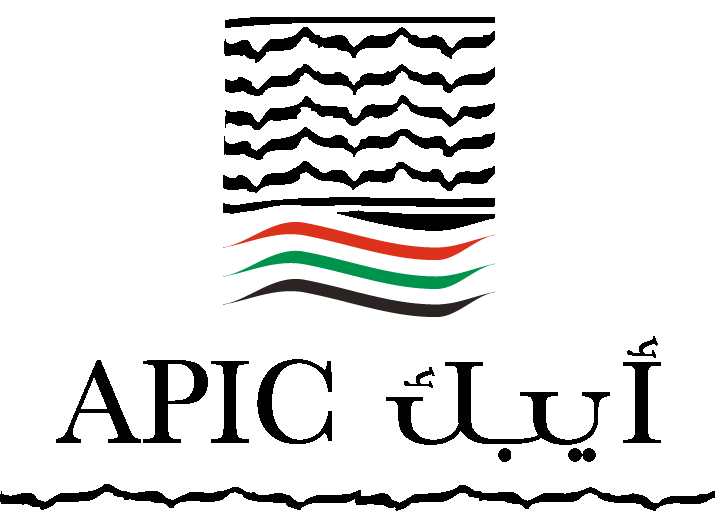Chairman and CEO of Arab Palestinian Investment Company (APIC) Tarek Aggad announced that the group achieved net profits after tax of USD 8.04 million in the first half of 2018, a growth of 2.14% year on year, while net profits attributed to APIC shareholders amounted to USD 5.67 million in the first half of 2018, a growth of 8.38% year on year. Revenues grew by 7.07% compared to the same period in 2017, and amounted to USD 346.86 million in the first half of 2018.
APIC increased its authorized capital to USD 100 million and its paid-up capital to USD 75 million
Aggad added that APIC’s authorized capital was increased to reach USD 100 million. APIC’s registered and paid-up capital was also increased, reaching USD 75 million, by distributing five million bonus shares to its shareholders, 7.14% at par. APIC also distributed USD 5 million as cash dividends, 7.14% at par. Accordingly, total dividend payout amounted to USD 10 million, 14.28% at par. APIC’s share closed at USD 2.30 by the end of the August 14, 2018, trading session, while its market capitalization amounted to USD 172.5 million, representing 4.6% of the Palestine Exchange’s total market capitalization to date.
A continuous commitment to its corporate social responsibility strategy
Aggad confirmed APIC’s commitment to the communities within which it operates in line with APIC’s corporate social responsibility strategy, which aims to invest in core sectors including education, healthcare, youth, culture, entrepreneurship as well as providing support to social and philanthropic institutions. Aggad noted that in the first half of 2018, APIC supported the establishment of a solar power system in Palestine’s Birzeit University in line with global trends to increase sustainable energy production and use, in addition to providing alternatives to decrease energy-consumption costs through natural resources. APIC also supported the Cancer Patients Charitable Society in Hebron, Palestine, by financing an advanced medical device for the early detection of breast cancer, in addition to supporting many other institutions in various sectors.

